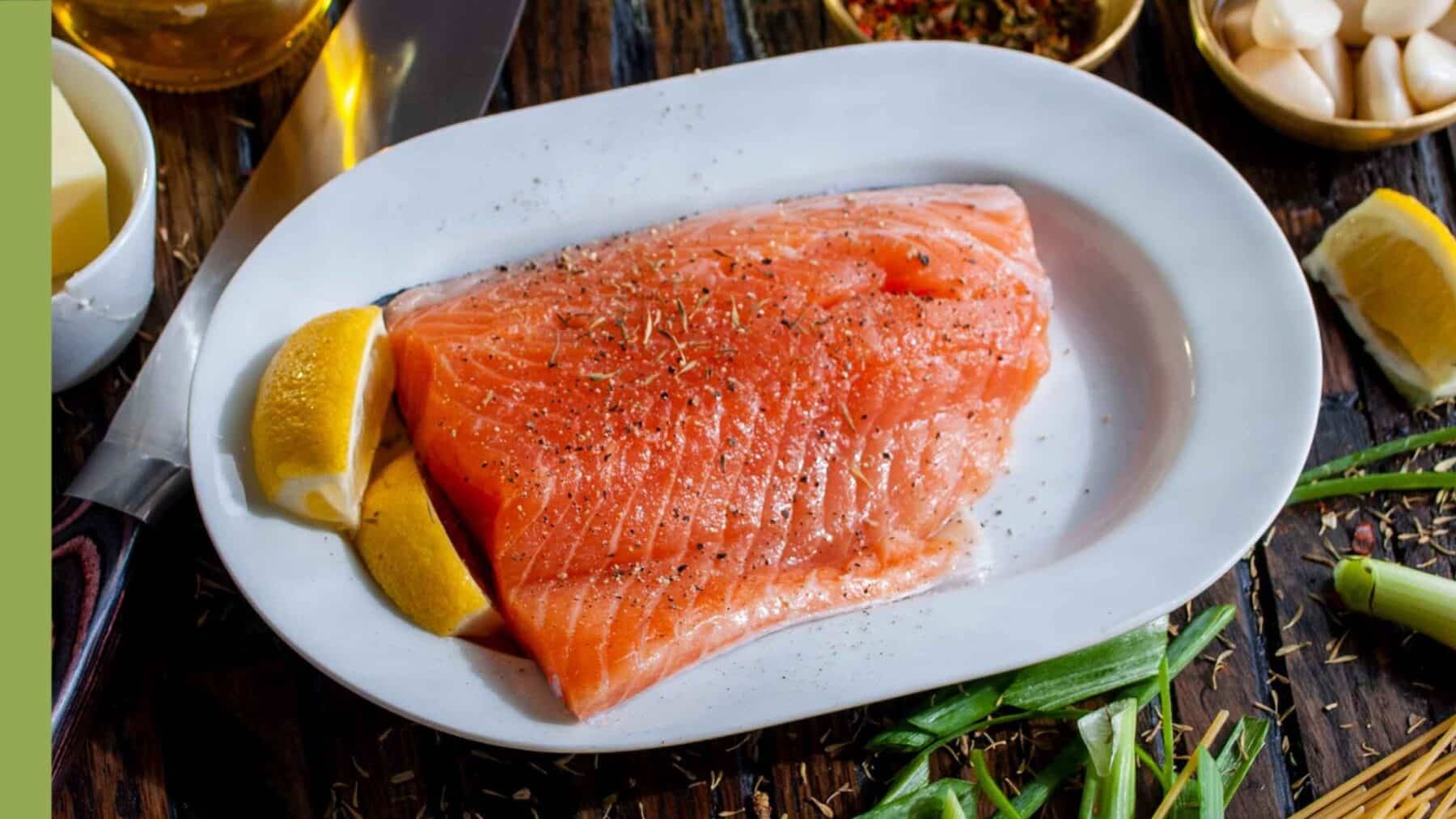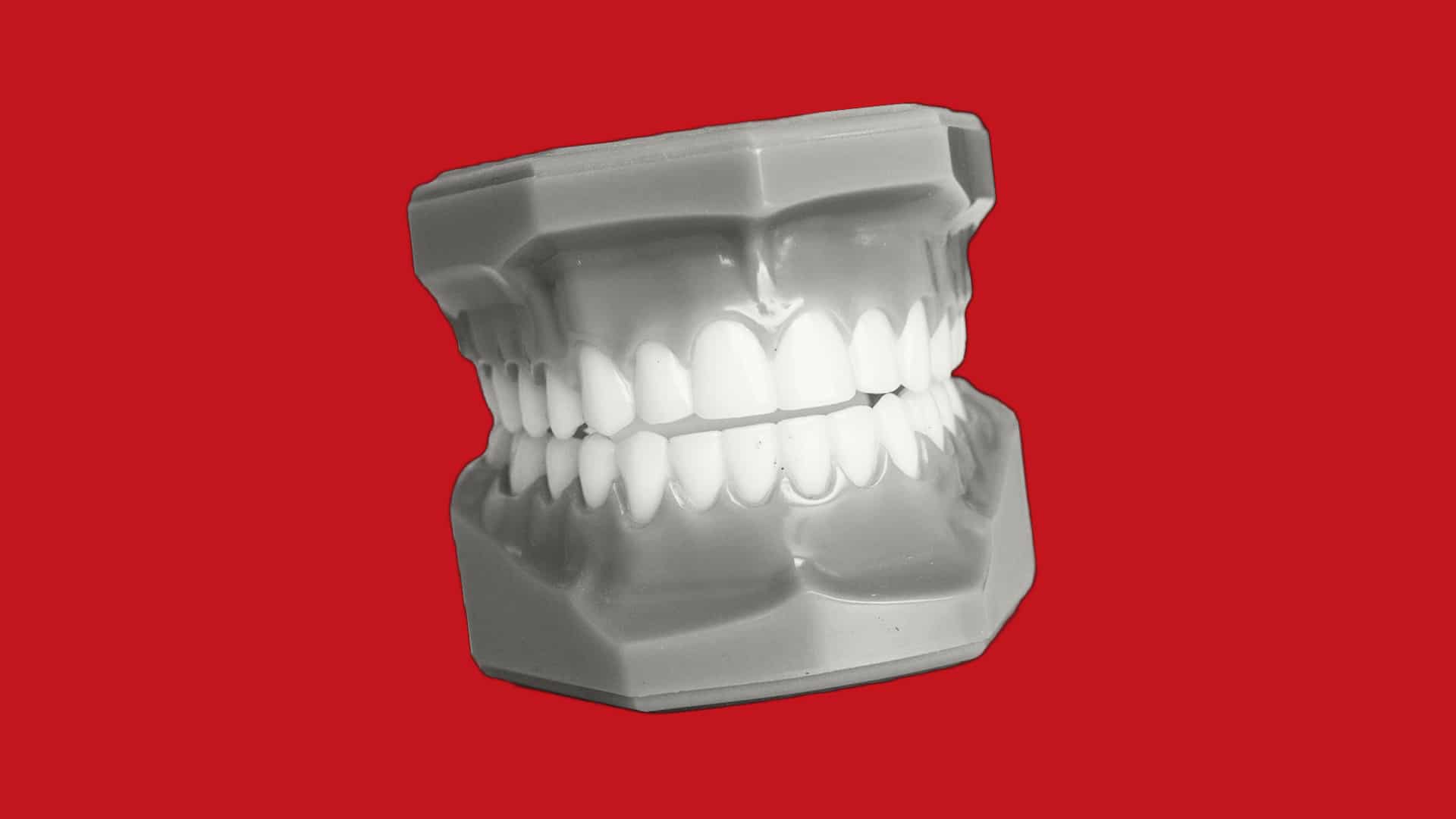1 out of every 5 people get canker sores at some point in their life, making them one of the most common oral health conditions. Despite their prevalence, the medical community still hasn’t pinpointed what causes them.
Some say it’s genetic, others say the immune system is to blame. But there’s one potential cause of canker sores that’s often overlooked: micronutrient deficiencies.
“Most of us have mouth ulcers from time to time, but if you are plagued by more regular bouts, it may be that your body is deficient in essential nutrients,” explains Jane Clarke, a registered dietitian, in The Guardian.
Recent research has found that people with canker sores (or aphthous ulcers) are often deficient in four specific vitamins and minerals:
In this article, we explain why these nutrient deficiencies might cause canker sores—and what you can do to prevent them.
Vitamin B12 (Cobalamin)

Vitamin B12 has many jobs, ranging from energy production to forming DNA. But its roles in cell production and skin health make it a candidate for fighting canker sores.
In 2009, doctors treated canker sore patients with 1,000 mg doses of B12 for six months. The results were clear-cut: By the end of the trial, every single patient reduced their pain, duration, and number of canker sores. Further, 74% of the patients never got a canker sore again.
“Vitamin B12 seems to be an effective treatment for patients suffering from RAS regardless of their serum vitamin B12 level,” the study concluded. “This treatment is simple and inexpensive and has no known significant toxic effects.”
How to Get More B12
The recommended daily intake for vitamin B12 is 2.4 micrograms (mcg) for adults. Good sources of B12 include:
- Red meat
- Poultry
- Fish
- Dairy products, including eggs, milk, cheese, and yogurt
- Vitamin B12 supplements
Vitamin B9 (Folate)
Folate, or folic acid, is an essential B vitamin that produces white blood cells, which help your body fight diseases and infections. This may explain why folate deficiency has been linked to canker sores.
According to a 2012 study in the Journal of Oral Pathology & Medicine, all patients with chronic canker sores had low folate levels, as you can see in the chart below.
“Patients with recurrent aphthous stomatitis [canker sores] are more likely to have lower dietary intakes of vitamin B12 and folate than a control group,” the authors noted. “Consuming sufficient amounts of these vitamins may be a useful strategy to reduce the number and/or duration of RAS episodes.”
How to Get More Folate
Adults should aim to get 400 mcg of folate per day. Here are some great sources of this vitamin:
- Leafy green vegetables
- Beans
- Peanuts
- Fresh fruit
- Whole grains
- Seafood
- Eggs
Iron
A lack of iron is called iron-deficiency anemia, which is the most common nutritional deficiency in the world. It affects up to 5 million Americans every year. People with low iron levels often experience chronic fatigue and headaches—but recurring canker sores are an overlooked symptom.
According to a 2014 study in the Journal of Clinical Diagnostic Research, 66% of patients with canker sores had low iron levels—a significant value.
“From this study, it can be concluded that it is mandatory to screen oral ulcer patients for iron deficiency anemia by estimating serum ferritin,” the researchers concluded. “It is also advisable for the patients to have iron supplementation on a regular basis, along with a diet rich in iron in addition to vitamins.”
How to Get More Iron
The recommended daily intake for iron is 8 mg for men and 18 mg for women. The best sources of iron include:
- Red meat, pork, and poultry
- Seafood
- Beans
- Spinach, kale, and other dark green leafy vegetables
- Iron supplements
Zinc
Zinc is a mineral that has a track record of boosting the immune system, fighting infections, and speeding up the recovery time of wounds. Accordingly, it’s no surprise that zinc is a go-to solution for canker sores.
Zinc deficiency is relatively rare in the United States, affecting about 12% of people. But that doesn’t mean you shouldn’t try to boost your zinc levels if you’re battling canker sores. One study found that zinc supplementation reduced patients’ frequency of canker sores by up to 100%.
How to Get More Zinc
The recommended daily intake for zinc is 11 mg per day for men and 8 mg for women. Some of the best sources of zinc include:
- Shellfish
- Beef
- Poultry
- Pork
- Legumes
- Nuts and seeds
- Whole grains
- Zinc supplements
Take Your Vitamins Before You Try Home Remedies
There are dozens of home remedies for canker sores: salt water, coconut oil, honey, baking soda—the list goes on. Not to mention all of the over-the-counter treatments at your local drugstore.
However, the first line of defense against canker sores is a vitamin-rich diet.
Eating your fruits and veggies might not be the first idea that comes to mind when you’ve got a pesky mouth ulcer. But as you can see, meeting your daily micronutrient goals significantly reduces your risk of canker sores over the long haul.
